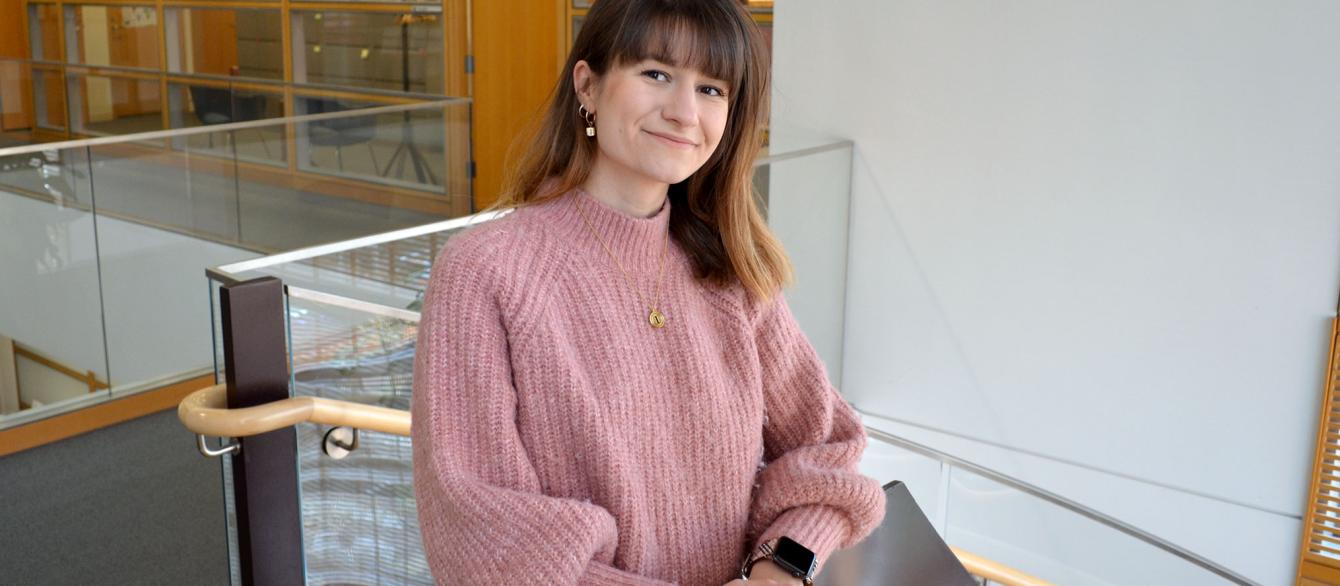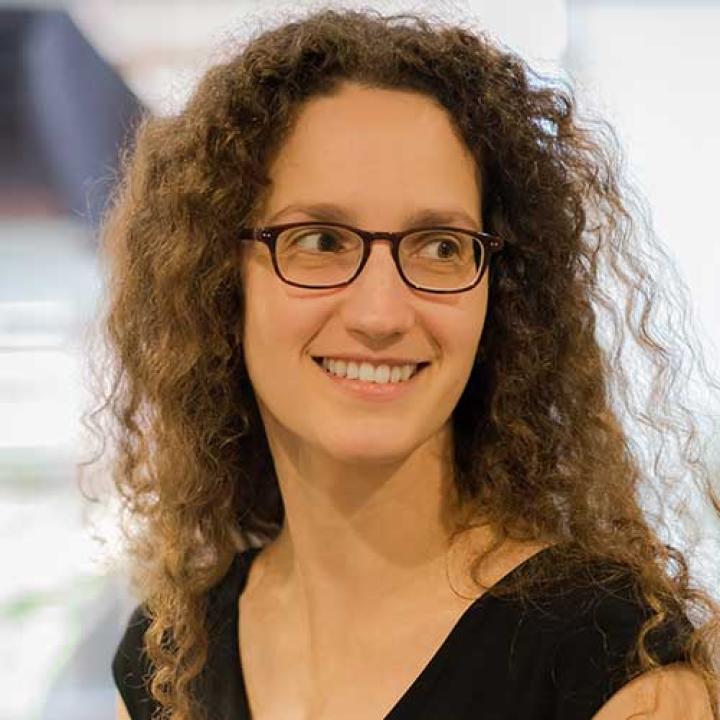As political unrest broke out in Georgia last year, Ia Tserodze anxiously followed the news as the streets of Tbilisi filled with protesters. “I was frustrated by the fact that I was far away and could not participate in any capacity,” said Tserodze, a second-year A.M. candidate in Regional Studies—Russia, Eastern Europe, Central Asia.
She wrestled with the question of how to fulfill her desire to be an active citizen from abroad. “I decided to come up with a digital initiative that would help me bridge this gap and contribute to political processes in my country, even from afar,” she said.
The result is Georgiacracia, a digital civic-engagement platform that allows Georgians to weigh in on topics ranging from the competency of ministers to public education standards.
The platform presents the user with randomized pairs of individual policy proposals. From each pair, the user must select the one they consider more important—for example, whether to increase benefits for veterans, or to more actively engage rural residents. Georgiacracia currently lists a total of 50 proposals, and users can rank as many as they wish.
“Georgiacracia’s goal is not to organize a poll or launch a referendum,” explained Tserodze, “but rather to highlight the Georgian people’s priorities in areas such as politics, energy, and the economy.” The platform’s algorithms use the data collected to create a network of preferences and establish priority rankings.
Tserodze hopes eventually to expand the project to explore the Georgian constitution.
This is not the first venture into politics for Tserodze, who was recently named one of Georgia’s top social impact entrepreuners by Forbes Georgia’s 30 Under 30. Selected for the women’s leadership program From Harvard Square to the Oval Office, she intends to one day return to Georgia to pursue a political career.
Ultimately, Tserodze may transition Georgiacracia to a Georgian think tank or research university, or turn the data into a report to present to the government. But for now, she hopes people will share Georgiacracia and participate. “Everyone needs to have a voice and space,” says Tserodze, “regardless of their physical location or their physical abilities.”






